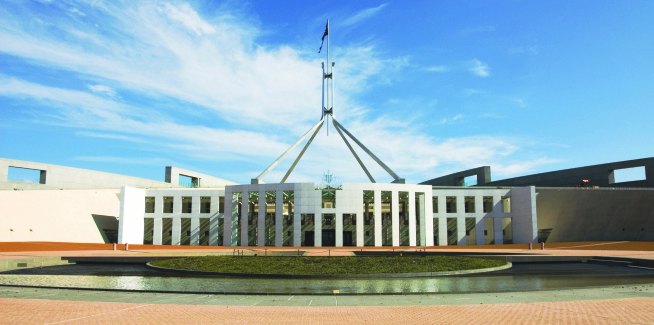After consulting on stronger penalties for white-collar crimes, as outlined in the Treasury Laws Amendment (ASIC Enforcement) 2018 Bill, the government has announced that it has introduced the reforms into Parliament.
Federal Treasurer Josh Frydenberg said that the harsher penalties for serious offences would be in closer alignment with other leading international jurisdictions.
If the bill passes the Senate, jail times would double for Corporations Act contraventions. As such, the maximum penalty for such breaches — in cases where the current maximum term is less than 10 years — will be calculated by multiplying the maximum term of imprisonment in months by 10 for individuals and a further 10 for bodies corporate.
The maximum jail sentence for individuals providing false information will rise from two years to five, and the most serious offences will have their maximum term of imprisonment increased from five to 10 years.
Further, the new bill proposes that the financial penalties for individuals be increased by 4,500 penalty units or triple “the benefit derived or detriment avoided” as a result of the contravention. This means that penalties would increase more than five‑fold, from $200,000 to $1.05 million, or three times the benefit gained from the breach, whichever amount is greater.
For corporates, the government is looking to raise the financial penalties by 45,000 penalty units, triple the gains made or prevented due to the infraction, or 10 per cent of the corporation’s annual turnover, whichever amount is greatest.
“For example, if a court currently found a corporation guilty of making false or misleading statements in relation to charging fees for no service, a criminal penalty of up to $210,000 could be imposed. If the breach occurred under the new laws, however, the court could impose a penalty of up to $1.26 million for each offence,” Mr Frydenberg explained.
“In other words, if the corporation is found guilty of making false or misleading statements 25 times, they could face a maximum penalty of $31.5 million.”
The court could rule that corporations be stripped of the earnings gained or losses avoided from illegal activities.
“For example, if a court currently found a corporation had breached its duty to provide financial services efficiently, [honestly] and fairly by continuing to deduct insurance premiums from members’ accounts after they have died, there is no penalty apart from taking licensing action. If the breach occurred under the new laws, however, depending on the size of the corporation, it could face a maximum penalty up to $210 million,” Mr Frydenberg explained.
The legislation is based on recommendations from the Australian Securities and Investments Commission (ASIC) Enforcement Review Taskforce.
“A strong corporate and financial sector which is held to account is part of the Coalition government’s plan for a stronger economy,” Mr Frydenberg concluded.
The Treasurer also announced this month that the Australian Competition and Consumer Commission and ASIC have greater investigative powers to assess whether a term in a standard form contract may be unfair, after the Treasury Laws Amendment (Australian Consumer Law Review) Bill 2018 passed Parliament.
The new law aims to clarify and strengthen protections relating to consumer guarantees, unsolicited consumer agreements, product safety, false billing, unconscionable conduct, pricing and unfair contract terms.
It is also intended to promote price transparency for consumers shopping online, which will involve requiring the headline price to include charges automatically applied or preselected by the seller, “even though the buyer may deselect the charge during the transaction”.
[Related: Parliament passes law to empower regulators]
 ;
;
